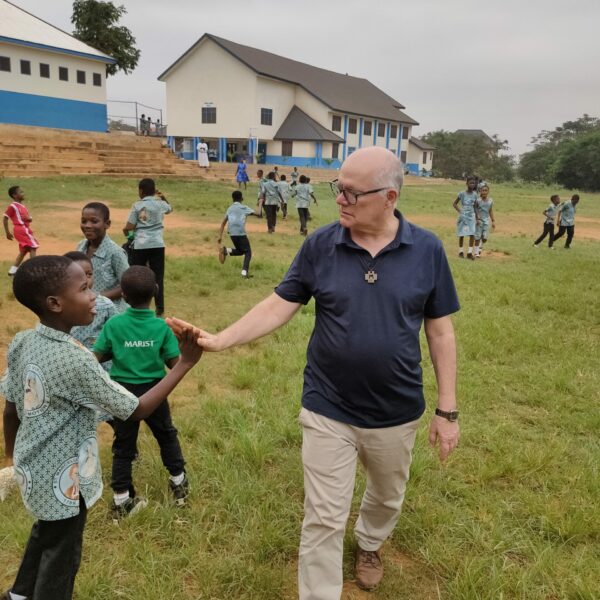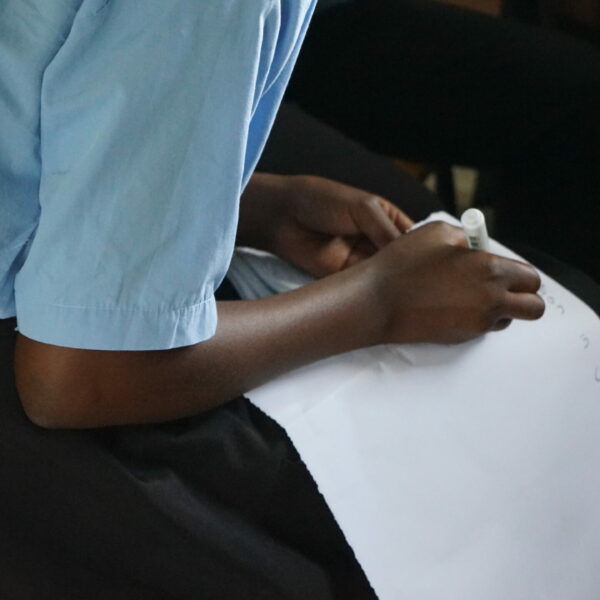Building Inclusion in Times of Crisis: FMSI Field Visit to the Fratelli Project, Rmeileh (2–5 October 2025)
In a Lebanon strained by overlapping economic and social crises, the Fratelli Project in Rmeileh—near Saida—continues to offer a safe, inclusive space for learning and growth. Serving over 1,000 people, the program, led by the brothers of both the Marist and La Salle congregations, brings together Syrian, Palestinian, and Lebanese children in the same classroom, creating a shared learning environment that embraces diverse backgrounds. Through play and colours, the program helps them overcome the challenges of their difficult circumstances.
From 2 to 5 October 2025, FMSI conducted a monitoring visit to assess delivery, gather evidence for upcoming donor engagements, and advance preparations for an oral statement amplifying children’s voices in national policymaking. The team attended the centre’s reopening after the summer break, observing strong participation in recreational and educational activities and engaging directly with children and adolescents.
During the visit, FMSI observed the project’s evolution in terms of community life, governance, and program development, taking into account the changing local dynamics. A focus was placed on infrastructure safety and safeguarding, with a walkthrough to identifying key upgrades, particularly in the children’s recreational areas, to meet safety standards. Preparatory work also began for the children’s oral statement to be presented at the United Nations session in January. Additionally, the team celebrated the appointment of Br. Juan Carlos as the new General Councillor, marking a moment of reflection on the project’s achievements under his leadership and the exciting start of this new chapter.
In a community marked by displacement, unemployment, and shrinking services, Fratelli stands as a bridge—reducing learning loss, improving psychosocial well-being, and nurturing acceptance across lines of identity.
The visit reaffirmed that targeted, community-based interventions, backed by solid evidence and safeguarding standards, can help children in vulnerable condition not only stay in school, but also belong, thrive, and lead.




